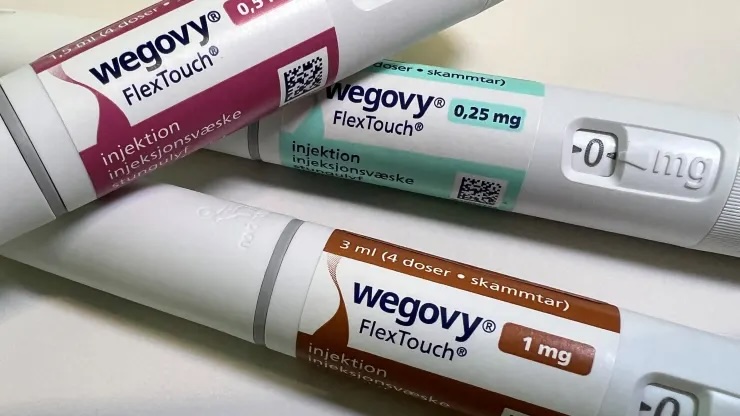The rise of artificial intelligence (AI) and its integration into healthcare is revolutionizing the way we approach complex conditions like obesity and metabolic disorders. In a groundbreaking development, researchers are harnessing the power of AI to optimize the use of GLP-1 medications, a class of drugs known for their weight-loss and diabetes management benefits.
By analyzing vast amounts of patient data, including genetics, clinical history, and lifestyle factors, AI algorithms can identify patterns and predict an individual’s response to specific GLP-1 drugs like Ozempic, Wegovy, and Mounjaro. This personalized approach, known as precision medicine, aims to match the right medication and dosage to each patient, maximizing effectiveness while minimizing potential side effects.
The ability to predict treatment outcomes is a game-changer in the field of weight management, where one-size-fits-all approaches have often fallen short. With AI-driven precision medicine, healthcare providers can make more informed decisions, tailoring treatment plans to each patient’s unique needs and characteristics.
Beyond medication selection, AI is also being leveraged to monitor patients’ progress, adjust dosages in real-time, and provide personalized lifestyle recommendations to support sustainable weight loss and overall metabolic health.
As the prevalence of obesity and related conditions continues to rise, the integration of AI and precision medicine holds immense promise in improving patient outcomes, reducing healthcare costs, and ultimately, promoting a healthier population.





